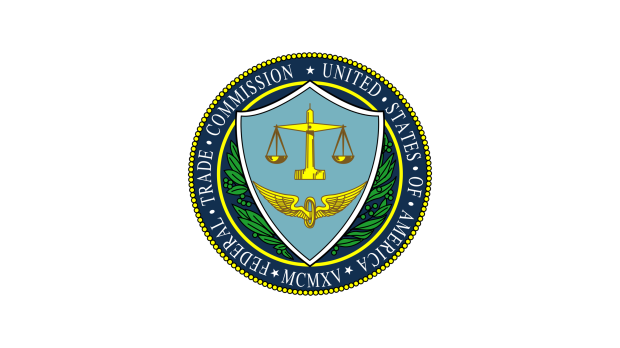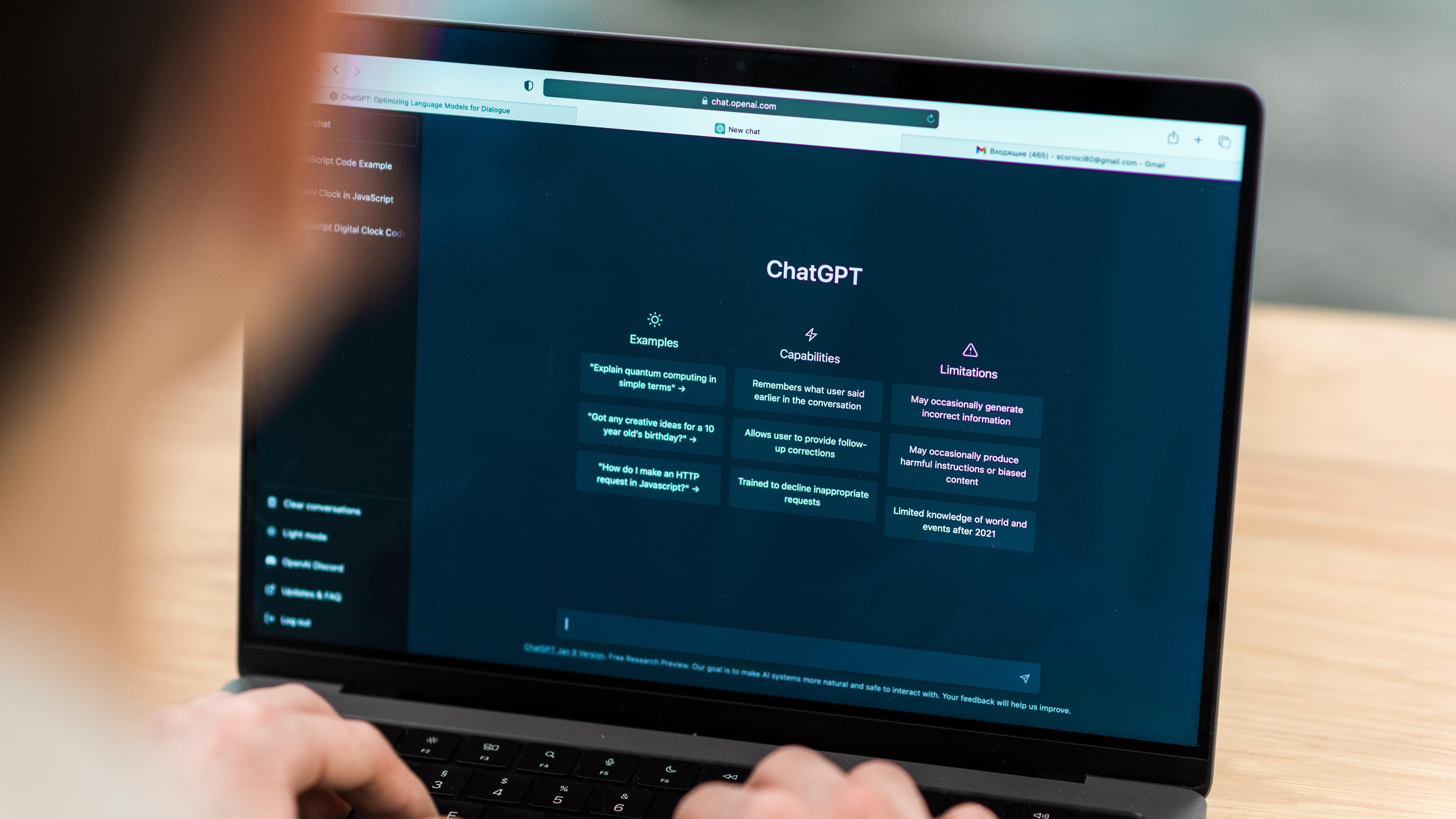FTC's Appeal Against Microsoft-Activision Merger Approval

Table of Contents
The FTC's Core Arguments Against the Merger
The FTC's appeal against the Microsoft-Activision merger rests on several key arguments, all centered around concerns about anti-competitive behavior and market dominance.
Concerns about Market Domination
The FTC argues that the merger would grant Microsoft undue control over the video game market, particularly in the console and cloud gaming sectors. This dominance, they claim, would stifle competition and ultimately harm consumers.
- Evidence of market share dominance: The FTC points to Microsoft's existing market share in the Xbox console market, coupled with Activision Blizzard's significant portfolio of popular game franchises like Call of Duty, World of Warcraft, and Candy Crush. The combined entity would control a massive portion of the gaming market.
- Potential for anti-competitive behavior: The FTC fears Microsoft could leverage its control over key Activision Blizzard titles to exclude competitors. This could involve making popular games exclusive to Xbox consoles or its Game Pass subscription service, disadvantaging PlayStation and other platforms. Price increases for existing games are also a concern.
- Impact on competitors like Sony: The FTC highlights the potential negative impact on Sony PlayStation, arguing that the loss of access to titles like Call of Duty could significantly weaken its competitive position. This could lead to a less vibrant and innovative gaming market overall.
The FTC’s detailed explanation emphasizes the potential for Microsoft to leverage its control over Call of Duty, a globally renowned and exceptionally popular franchise, to lock out competitors. This tactic could involve implementing exclusive features, delaying releases on competing platforms, or simply offering significantly superior versions on Xbox.
Impact on Game Developers and Consumers
The FTC further claims the merger will harm game developers by limiting their choices and potentially leading to reduced innovation. This is another central pillar of their appeal against the Microsoft-Activision merger.
- Concerns regarding exclusivity deals: The FTC worries that Microsoft might use its expanded power to force developers into exclusive deals, limiting the availability of games on other platforms.
- Potential for stifled competition amongst game developers: A less competitive market could lead to a decline in innovation as developers face reduced pressure to improve their products and services.
- Impact on pricing and consumer choice: The FTC argues that a lack of competition could lead to higher prices and fewer choices for consumers, ultimately harming the gaming market.
The FTC argues that this will translate to higher prices, fewer choices, and reduced quality for consumers. The reduced competition could discourage developers from creating innovative games.
The Role of Cloud Gaming
The FTC highlights the burgeoning cloud gaming market as a key area of concern. They argue Microsoft could leverage the merger to establish an insurmountable lead in this rapidly growing sector.
- Discussion of the growth potential of cloud gaming: Cloud gaming is projected to experience substantial growth in the coming years, offering a new avenue for accessing games without needing powerful hardware.
- Microsoft's existing strength in cloud services (Azure): Microsoft already possesses a strong presence in cloud computing through its Azure platform, giving it a head start in the cloud gaming market.
- Potential for anti-competitive practices in cloud gaming: The FTC fears Microsoft could use Activision Blizzard's game portfolio to lock out competitors in the cloud gaming space, effectively creating a monopoly.
The acquisition of Activision Blizzard’s substantial game library could significantly enhance Microsoft’s already powerful cloud gaming capabilities. This strategic advantage could ultimately exclude competitors and limit consumer choice.
Microsoft's Defense and Counterarguments
Microsoft has vigorously defended the merger, presenting counterarguments to the FTC's concerns.
Claims of Pro-Competitive Effects
Microsoft contends that the merger will actually have pro-competitive effects. They've presented several arguments in their defense against the FTC’s appeal.
- Arguments about the benefits for gamers: Microsoft emphasizes that the merger will bring benefits to gamers, including broader access to games and potential price reductions through Game Pass.
- Highlighting proposed concessions or remedies: Microsoft has offered various concessions to address the FTC's concerns, such as commitments to keep Call of Duty available on other platforms.
Microsoft's defense strategy focuses on highlighting the benefits for gamers, such as broader access to games through Game Pass. They also emphasize their commitment to maintaining Call of Duty availability on various platforms, aiming to mitigate the FTC's concerns.
Addressing Concerns about Exclusivity
A key part of Microsoft's defense is its commitment to addressing concerns about making Activision games exclusive to its platforms.
- Specific examples of commitments regarding game availability: Microsoft has publicly pledged to keep Call of Duty available on PlayStation for a period of time and has outlined similar commitments for other Activision titles.
- Potential agreements with competing platforms: Microsoft has indicated a willingness to negotiate agreements with competing platforms to ensure continued access to Activision games.
Microsoft aims to alleviate the FTC's concerns by making concrete commitments about the future availability of Activision titles on rival platforms, highlighting the importance of these agreements to their defense.
Potential Outcomes and Implications
The FTC's appeal process could have several outcomes, each with significant implications for the future of the gaming industry and antitrust law.
The Appeal Process
The legal process involved in the FTC's appeal is complex and could take considerable time.
- Potential outcomes: The potential outcomes include affirmation of the initial ruling, reversal of the ruling, or a negotiated settlement.
- Impact on future mergers and acquisitions in the gaming industry: The outcome will likely set a precedent for future mergers and acquisitions in the gaming industry, influencing how such deals are regulated.
The appeal process will involve a detailed legal review, potentially lasting several months or even years. The eventual outcome will significantly shape the future regulatory landscape of the gaming industry.
Wider Implications for the Tech Industry
The case has broader implications extending beyond the gaming sector.
- How this case could set precedents for future antitrust cases: The outcome will be closely watched by other tech companies and regulators, potentially influencing future antitrust cases.
- Impact on future regulatory scrutiny of tech giants: The case could lead to increased regulatory scrutiny of mergers and acquisitions involving large technology companies.
This case sets a critical precedent for antitrust regulation within the technology sector, affecting how future mergers and acquisitions involving major tech players are scrutinized.
Conclusion
The FTC's appeal against the Microsoft-Activision merger represents a pivotal moment in the ongoing debate surrounding antitrust regulation and the power of tech giants. The outcome will have far-reaching consequences, impacting competition, innovation, and consumer choice within the gaming industry and potentially influencing broader tech regulatory policy. The arguments presented by both sides highlight the intricate challenges of regulating mergers in the dynamic digital landscape. Stay informed on the latest developments surrounding the FTC’s appeal against the Microsoft-Activision merger to understand its impact on the gaming world and the future of tech mergers. Follow the updates on the FTC's Appeal Against Microsoft-Activision Merger for further insights.

Featured Posts
-
 Analysis Public Reaction To The Spring Budgets Proposed Plans
May 19, 2025
Analysis Public Reaction To The Spring Budgets Proposed Plans
May 19, 2025 -
 Will Mairon Santos Stay At Lightweight After Facing Sodiq Yusuff
May 19, 2025
Will Mairon Santos Stay At Lightweight After Facing Sodiq Yusuff
May 19, 2025 -
 Ufc 313 Live Justin Gaethje Fight Results And Full Event Recap
May 19, 2025
Ufc 313 Live Justin Gaethje Fight Results And Full Event Recap
May 19, 2025 -
 Chat Gpt Rumors A Deep Dive Into Release Date Features Price Speculation
May 19, 2025
Chat Gpt Rumors A Deep Dive Into Release Date Features Price Speculation
May 19, 2025 -
 Confirmation Australia Skips Junior Eurovision 2025
May 19, 2025
Confirmation Australia Skips Junior Eurovision 2025
May 19, 2025
